
Sustainable September
Space tech explores a new dimension in methane mitigation
Time2Graze uses satellites to optimize pasture-based grazing in a world-first initiative

Sustainable September
Time2Graze uses satellites to optimize pasture-based grazing in a world-first initiative

Up the food chain
Bel Group plans on succeeding in animal-free dairy where others have failed. For chief venture officer Caroline Sorlin, who leads on Bel’s food-tech partnerships, timing is key

Consuming yogurt and bathing in hot springs has surprising wellness benefits, Japanese researchers discover
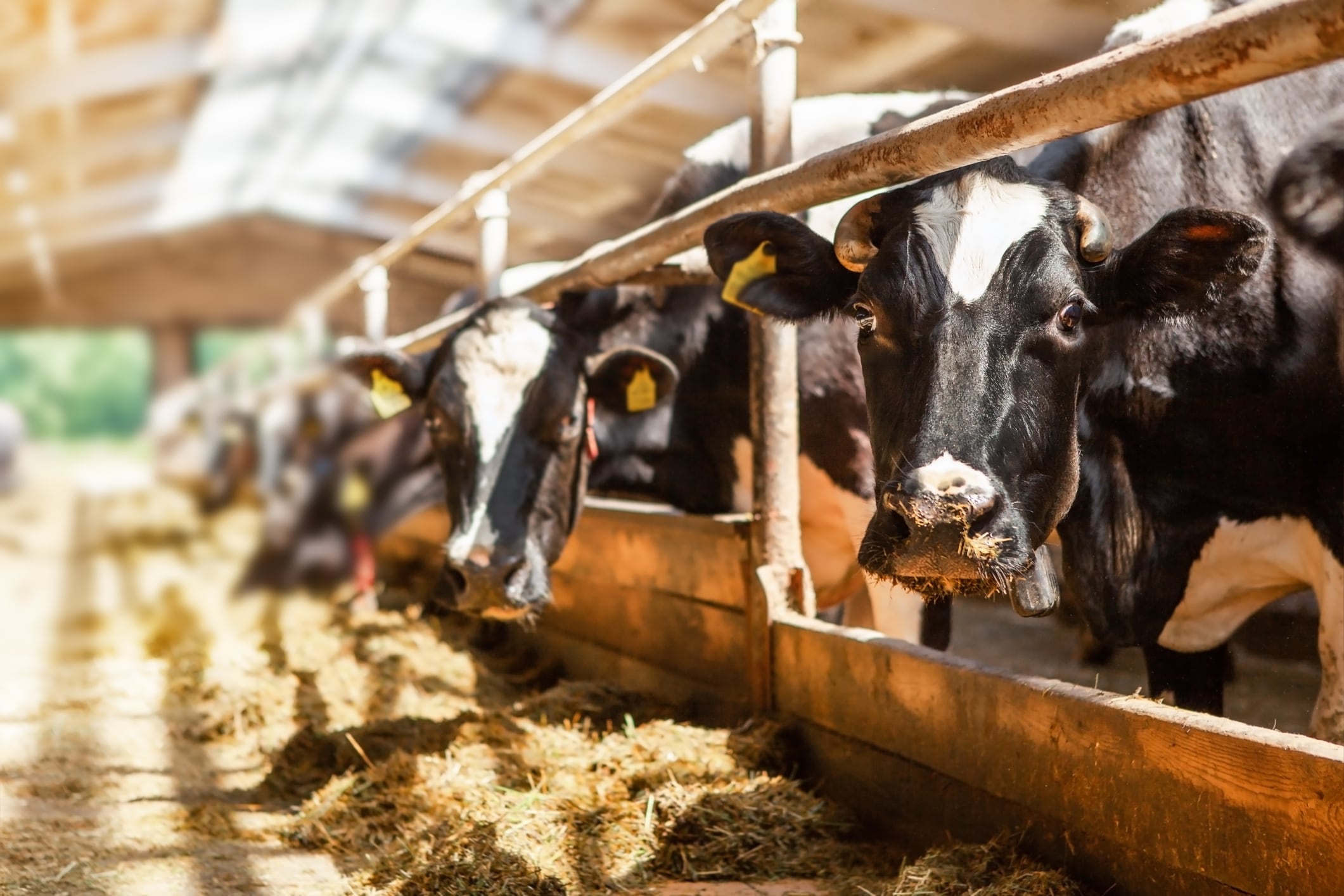
Proven to destroy up to 90% of dilute methane, Ambient Carbon’s tech could supercharge dairy companies’ climate goals, slash scope 3 emissions
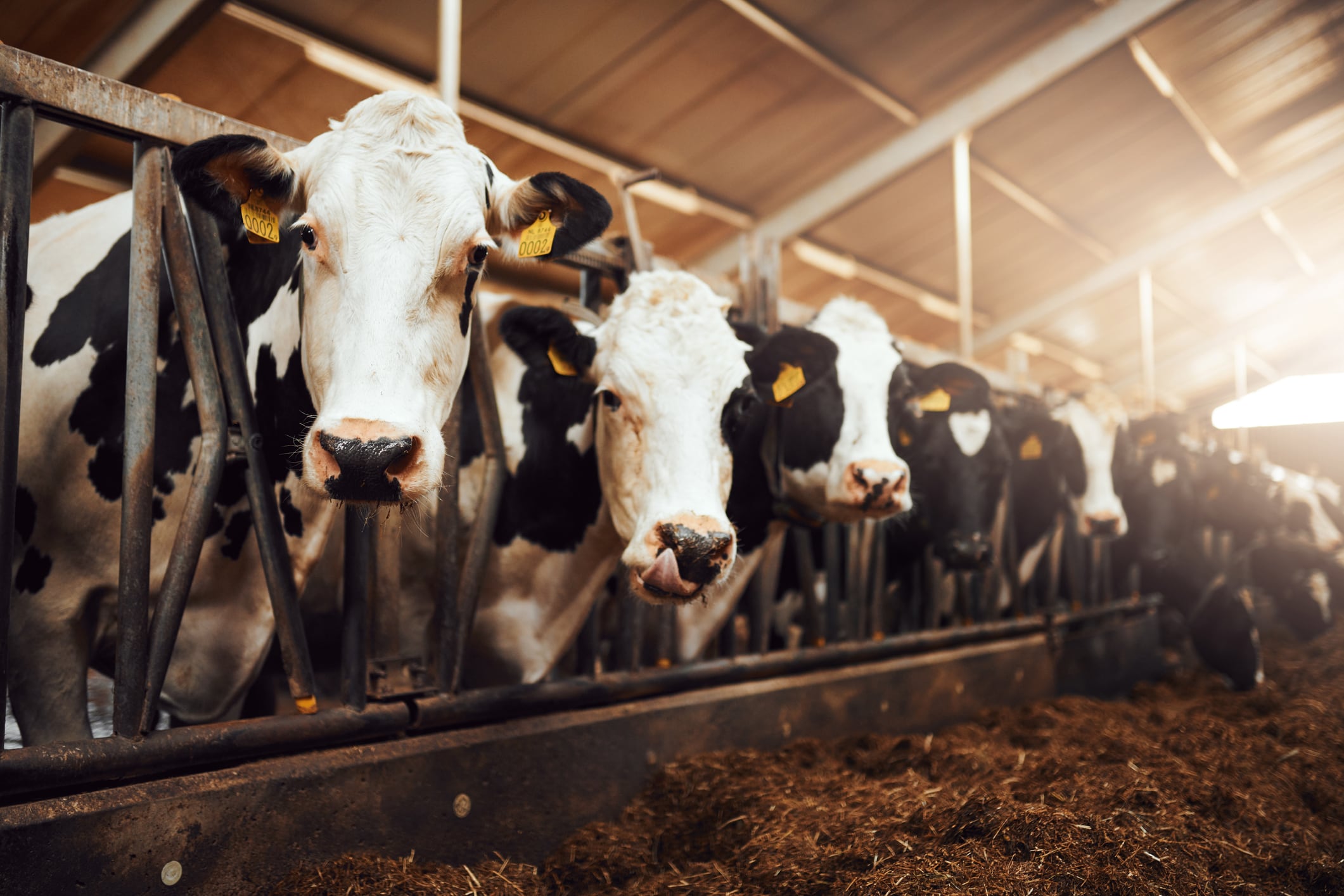
Stem cell researchers have discovered a new way to reduce inflammation in dairy cows and potentially increase milk fat

Co-ingestion of whey protein and proteases, enzymes that breakdown proteins into peptides and amino acids, may boost the feeling of fullness and satiation in young people, says a new study.

Once the preserve of Silicon Valley, artificial intelligence is now augmenting human management of dairy parlors and pastures
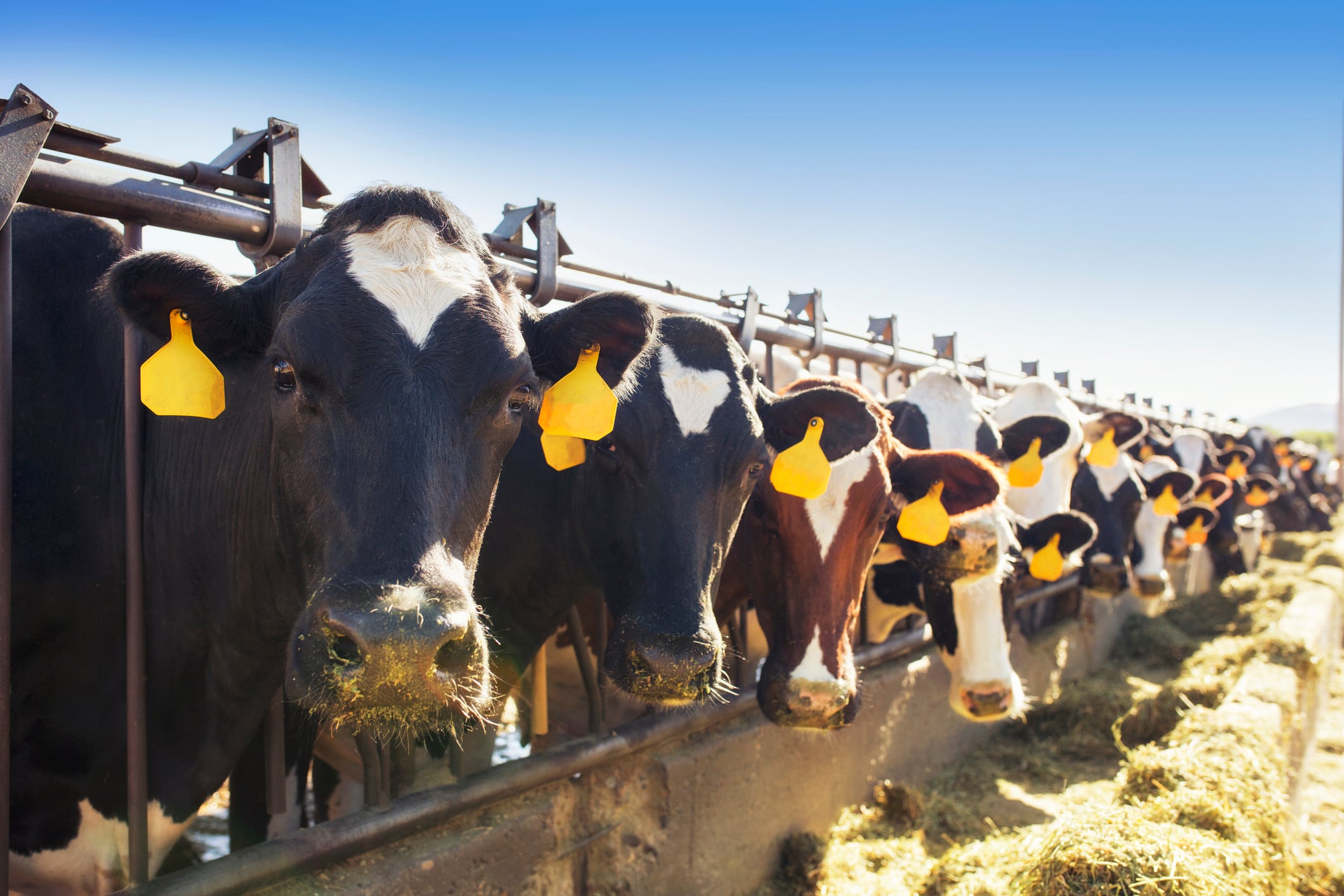
Artificial intelligence (AI) is helping dairy processors in Sub Saharan Africa to optimize supply chain logistics, enhance traceability of products and to monitor the health of animals in real time
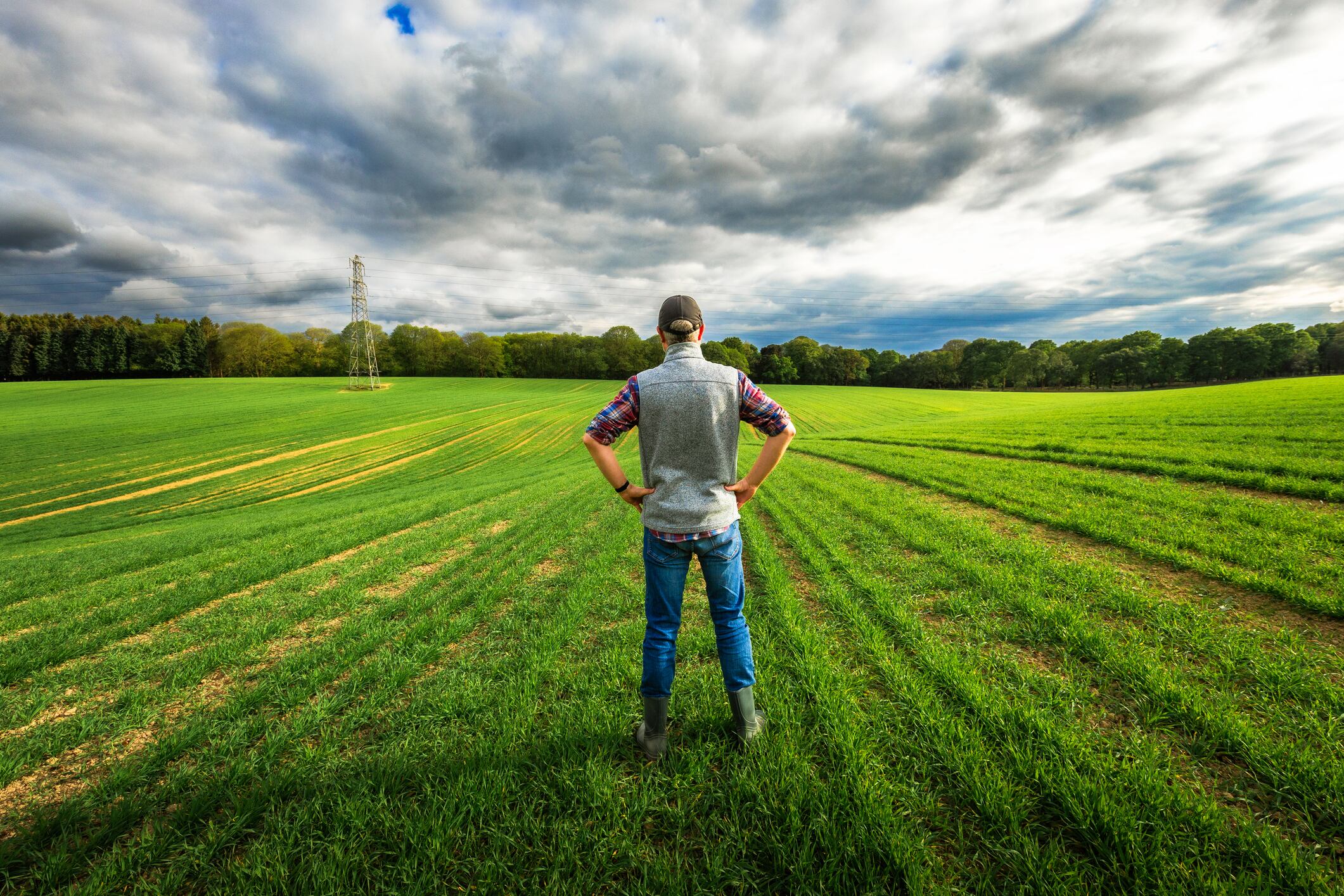
Ringfenced EU funding for farming is being cut by more than a fifth under new proposals

Wase’s microbe-driven tech is an evolution on traditional ADs that benefits anyone from dairies to distilleries
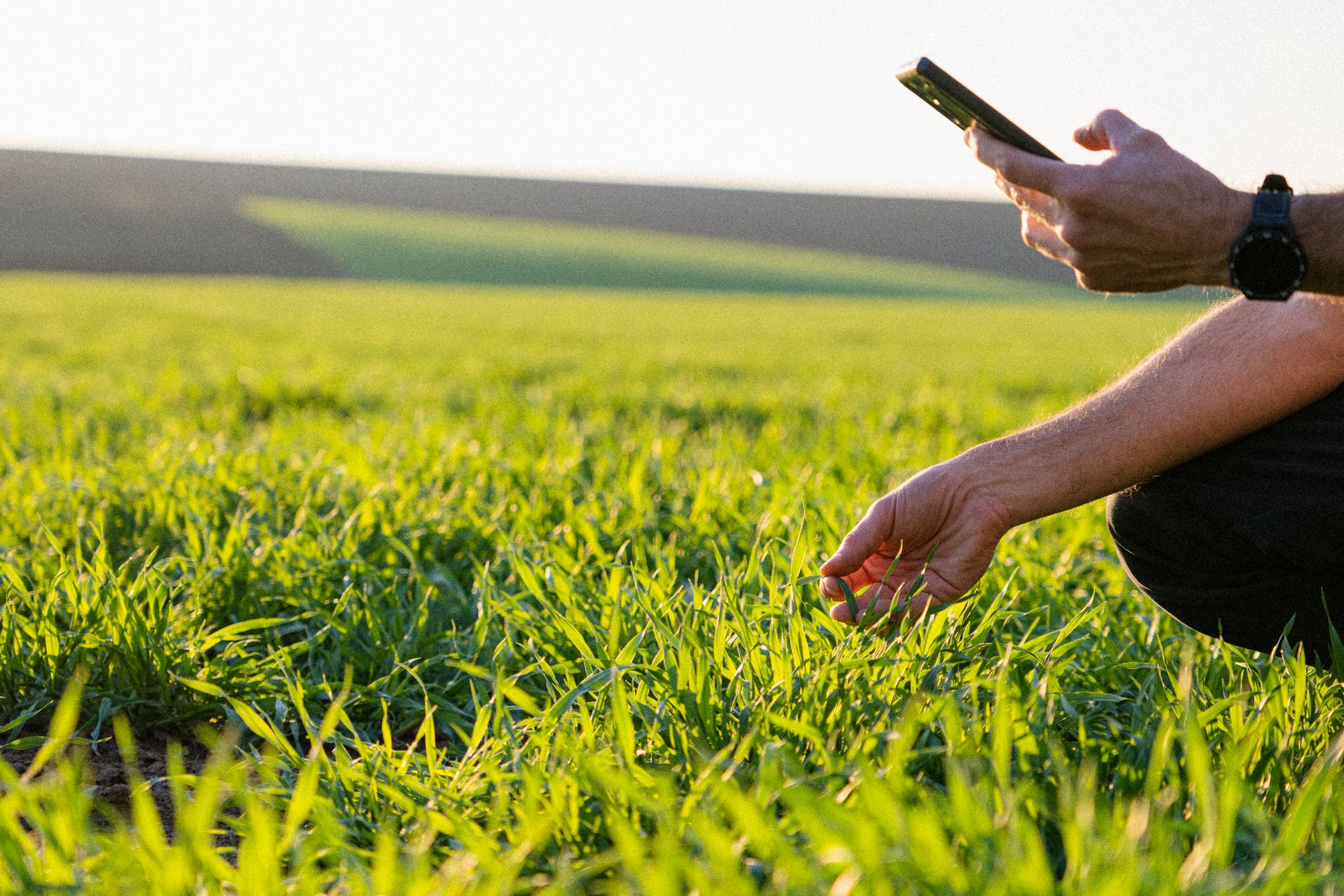
The rapid expansion of AI applications in agriculture – particularly those collecting data and providing real-time advice – will significantly impact workforce needs in the sector, according to the UK-based Institute for Agriculture and Horticulture...
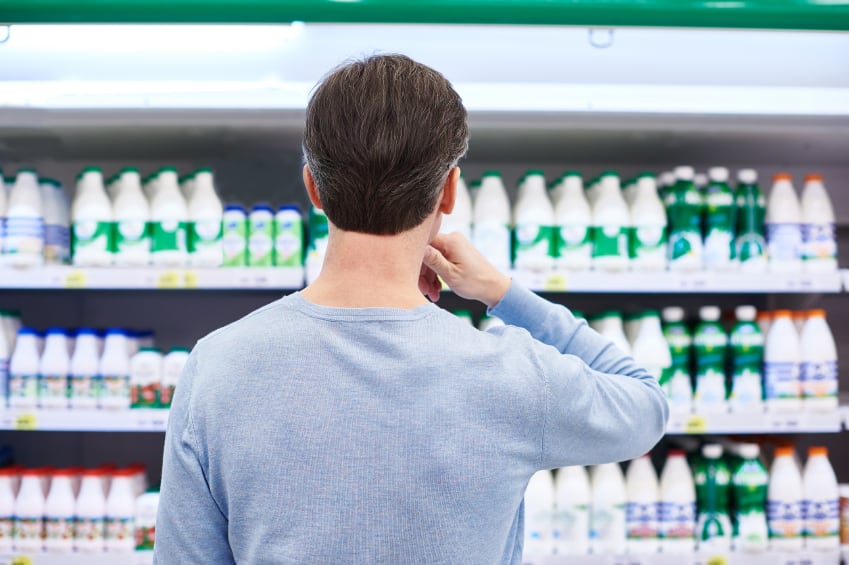
Global dietary guidelines should target fat reduction from nutrient-poor foods instead of dairy, nutrition researchers argue
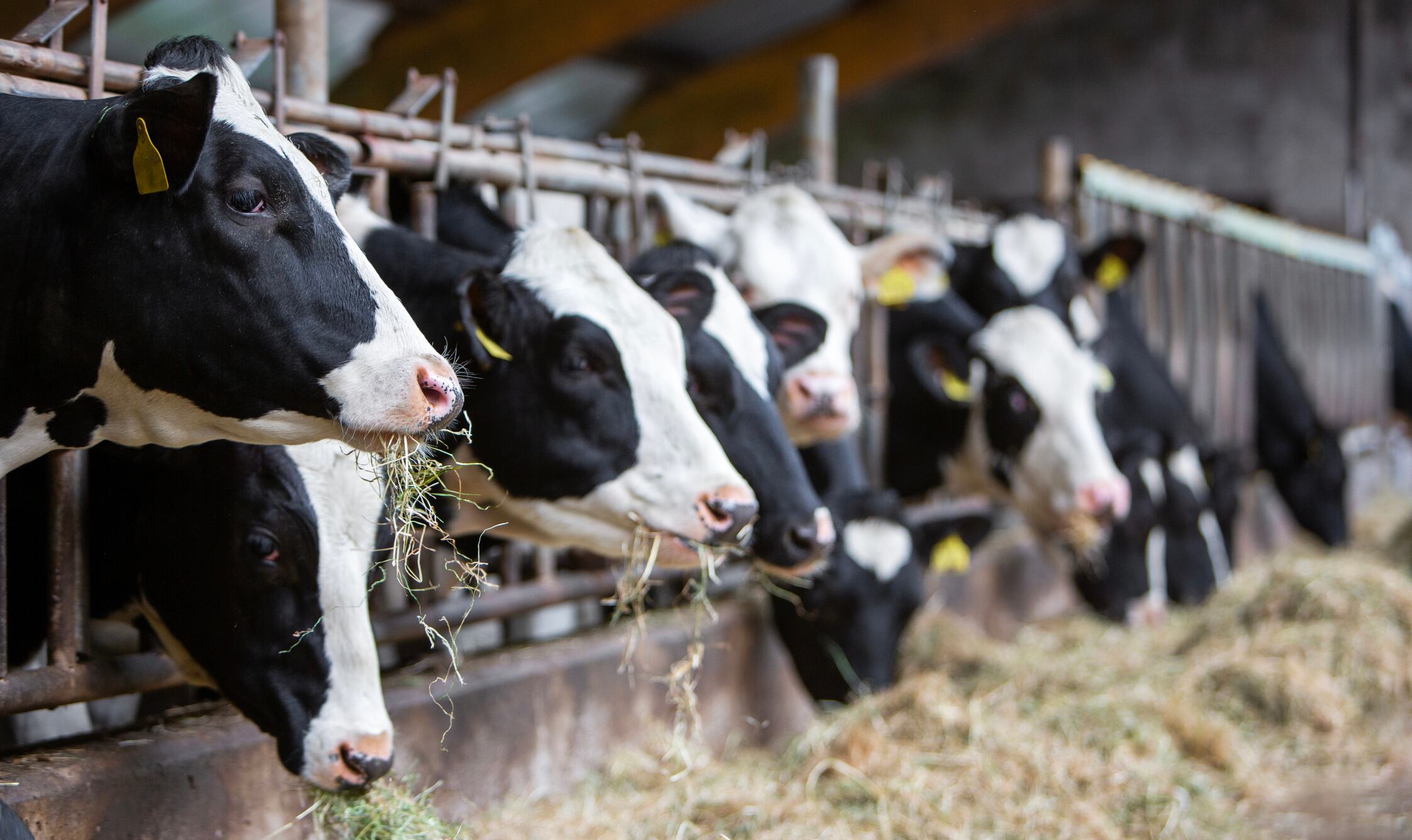
It began with a question: what exactly is milk signaling to a calf?
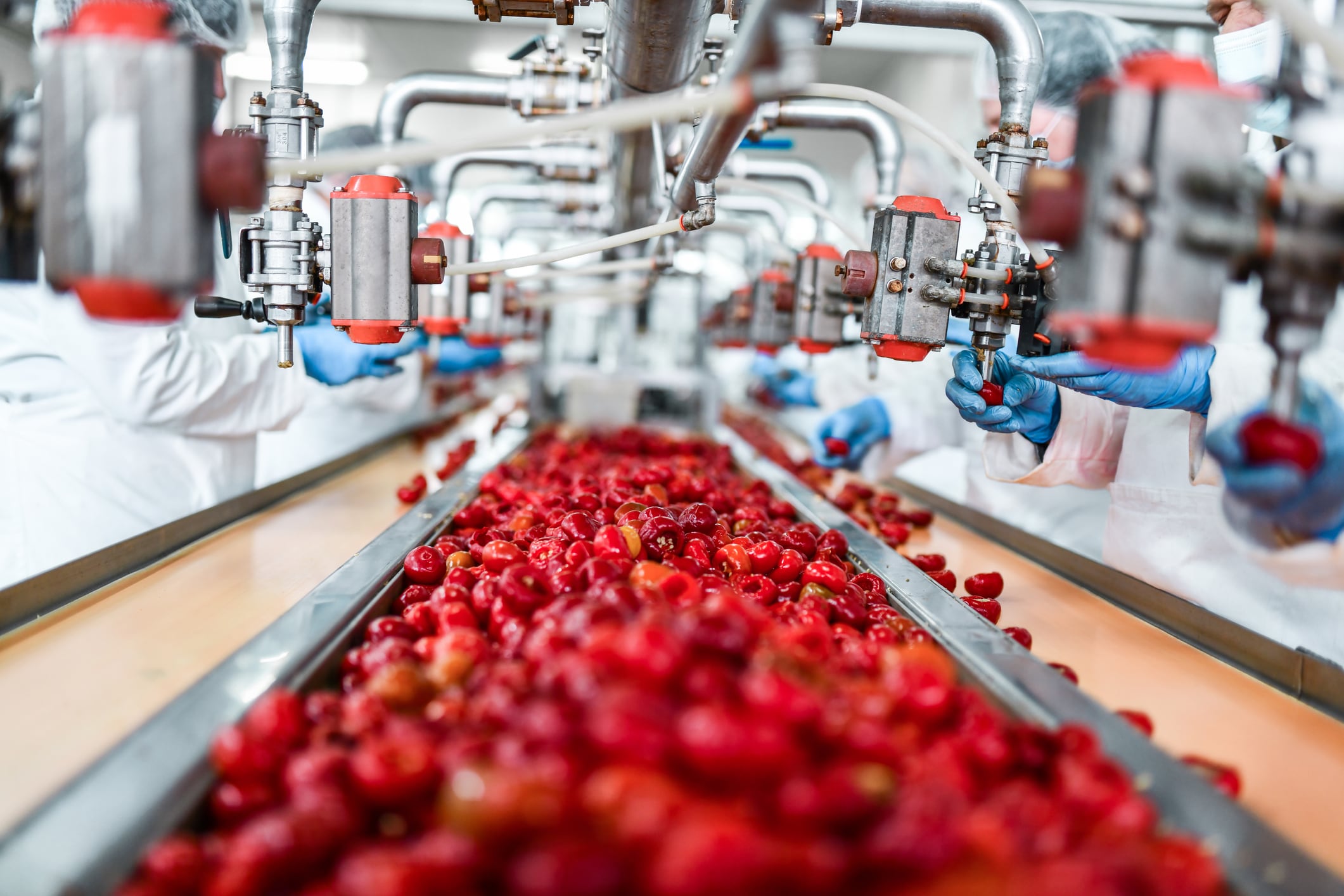
The newly formed FMTE aims to influence policy and boost R&D in food manufacturing
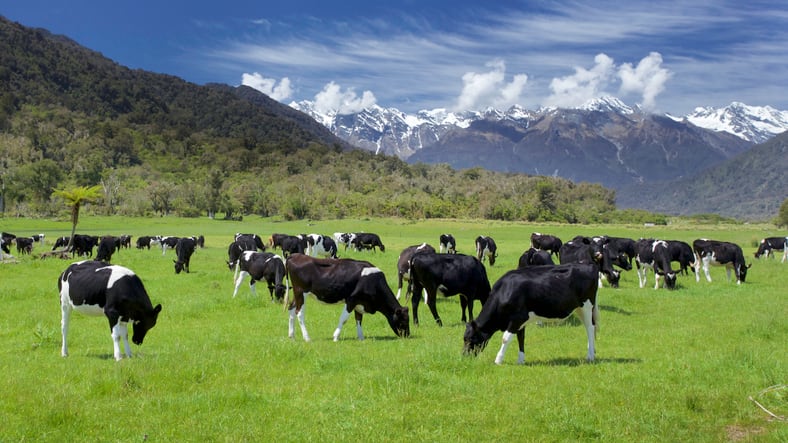
Hoofprint Biome’s solution naturally optimizes the rumen microbiome to produce less methane
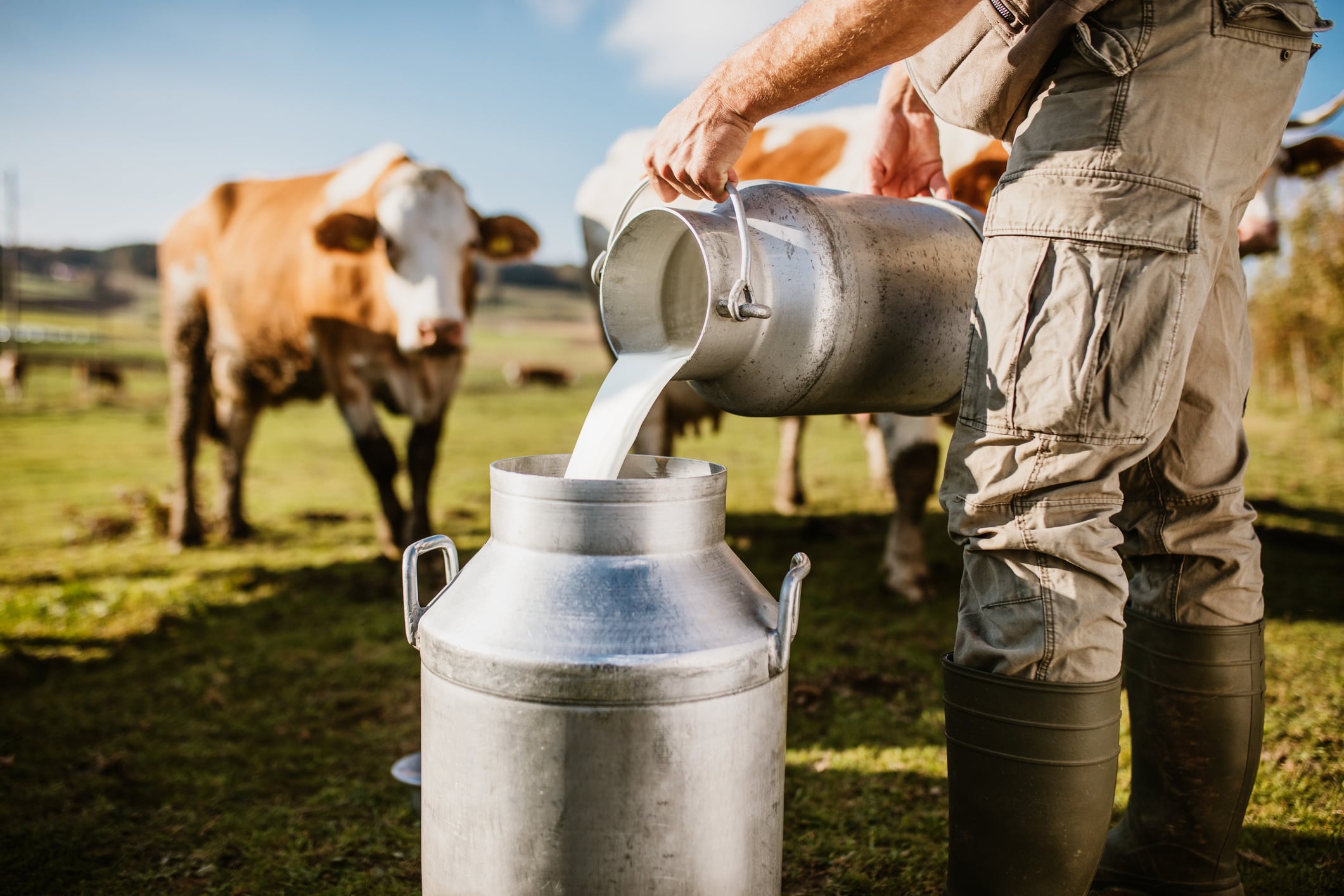
Scientists have discovered another way to destroy the virus – and it’s cheaper than pasteurization
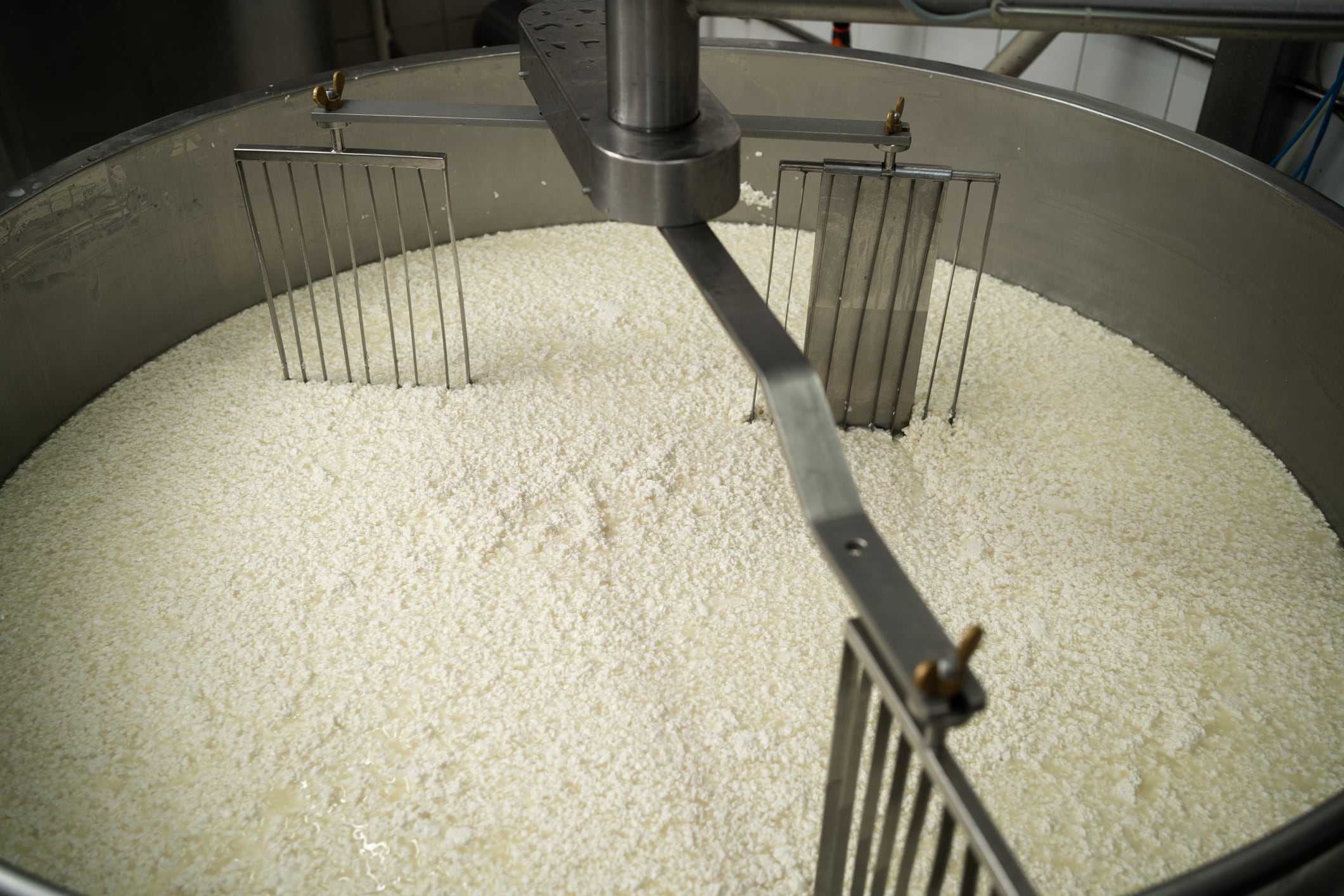
Scientists in Mexico and Denmark are using mixed microbial communities to convert waste whey into single-cell protein, providing an environmentally-friendly and nutritious alternative protein source.
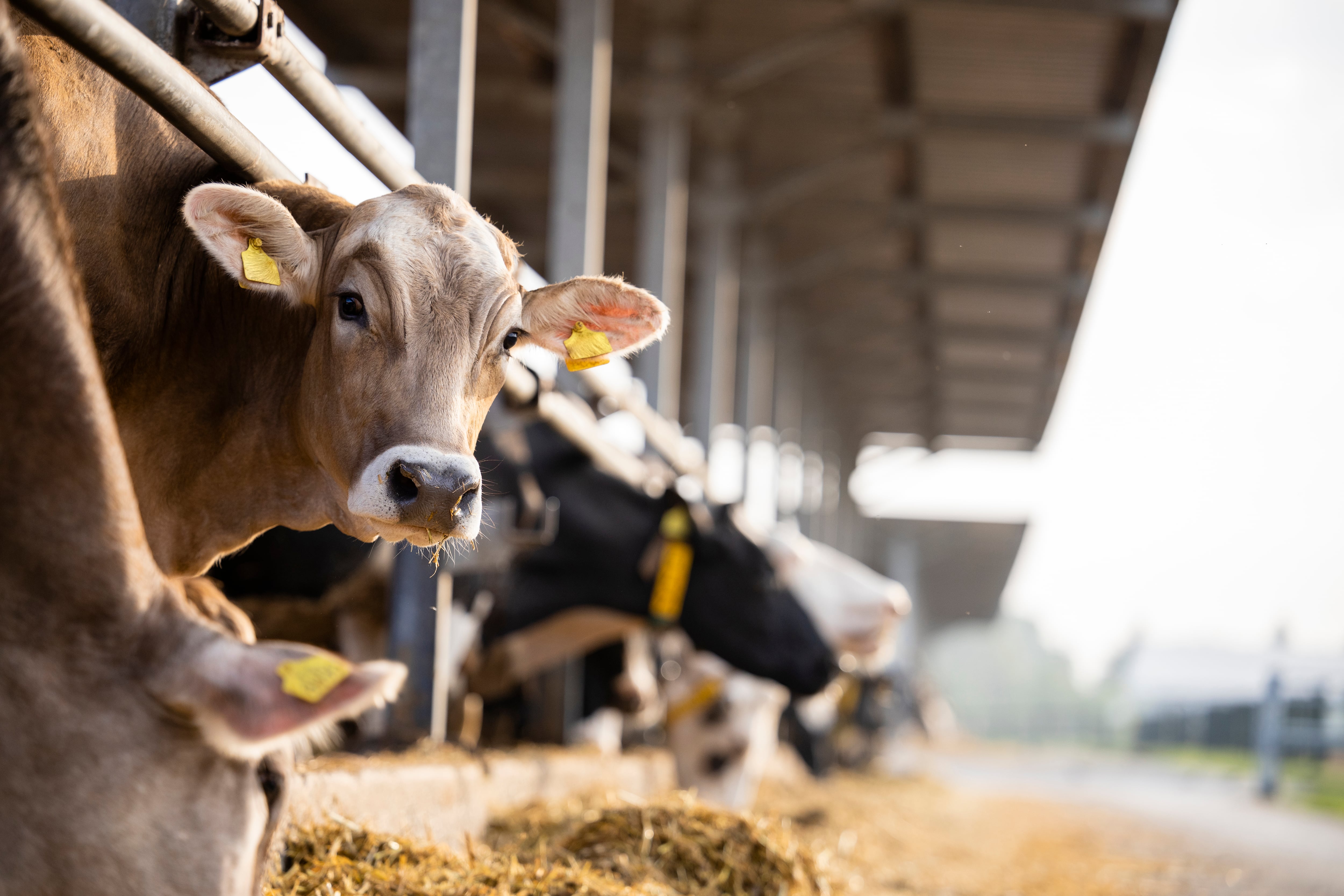
Scientists have discovered a way to cut methane emissions in cattle – stopping them burping. But will this anger consumers?

California-based ingredient discovery company Shiru is commercializing its first ingredients, as the food tech company tees up future sweetener partnerships
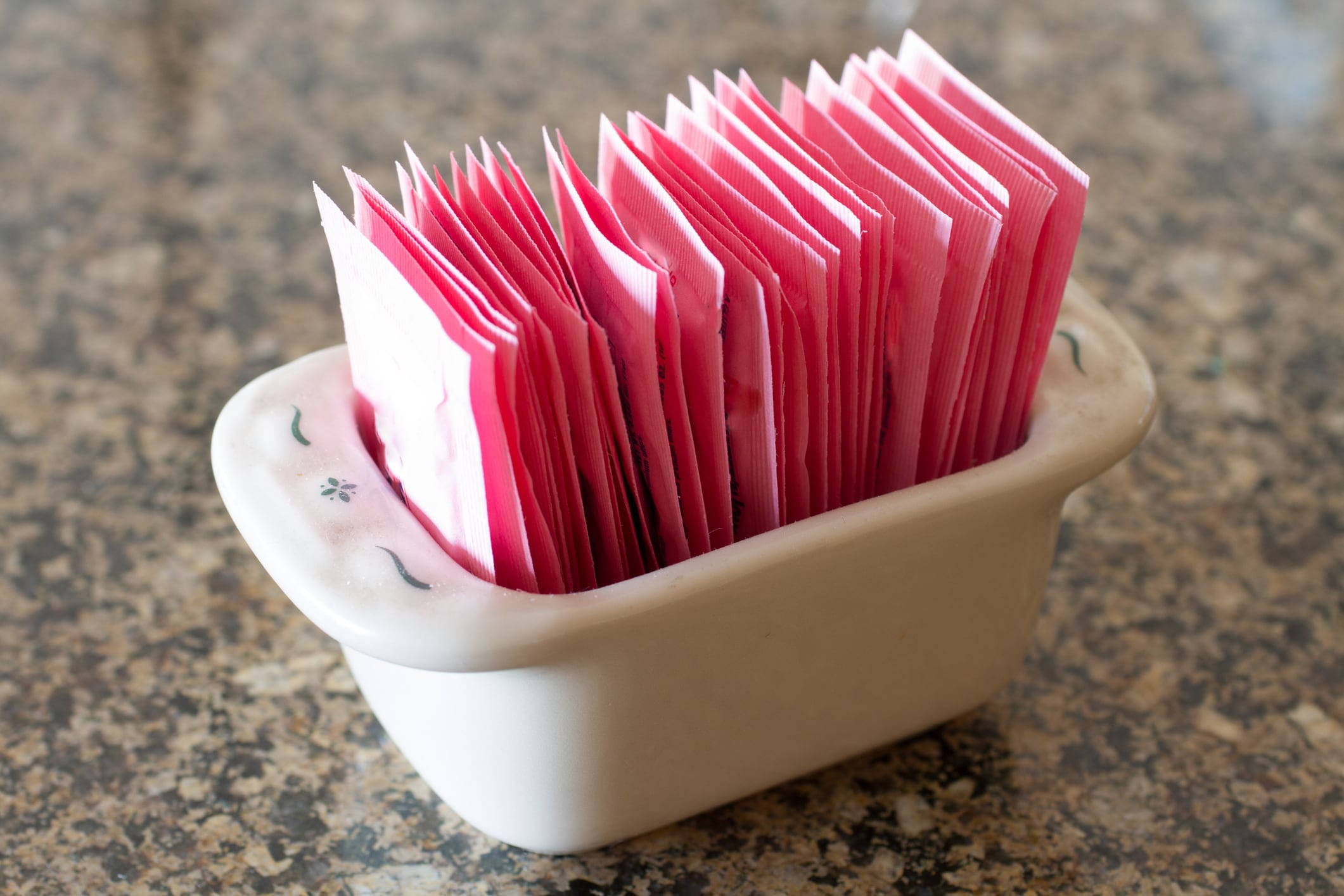
A sweetener used in dairy, beverages and candies may be a game-changing solution to the global antimicrobial resistance crisis
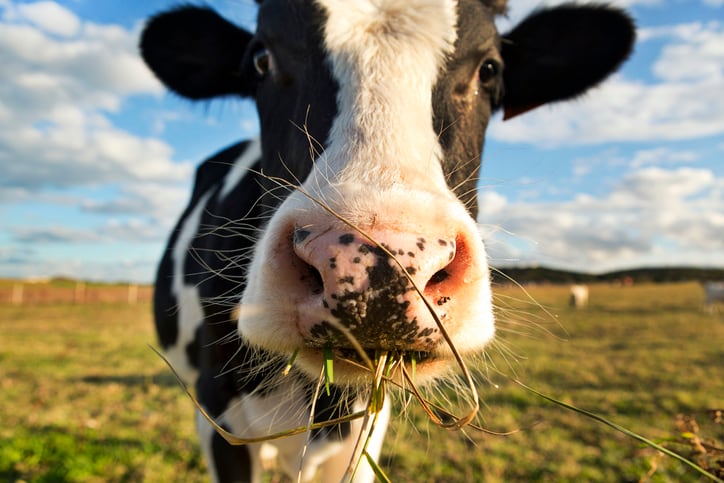
Research has discovered genetic factors explaining why cattle get tuberculosis - and there are implications for human health and future epidemics, too

When is buffalo milk highest in fat, protein, solids? New research sheds light into the impact of seasons on milk components and quality

Future Food Tech San Francisco
Celebrity Chef Julia Child famously said, ‘with enough butter, anything is good,’ and while the ingredient can add much needed flavor, mouthfeel and satiety to dishes, producing it, and other fats and oils, can take a hefty toll on the environment –...

The costly financial and milk production consequences of H5N1 infections in US dairy have been laid bare in new research
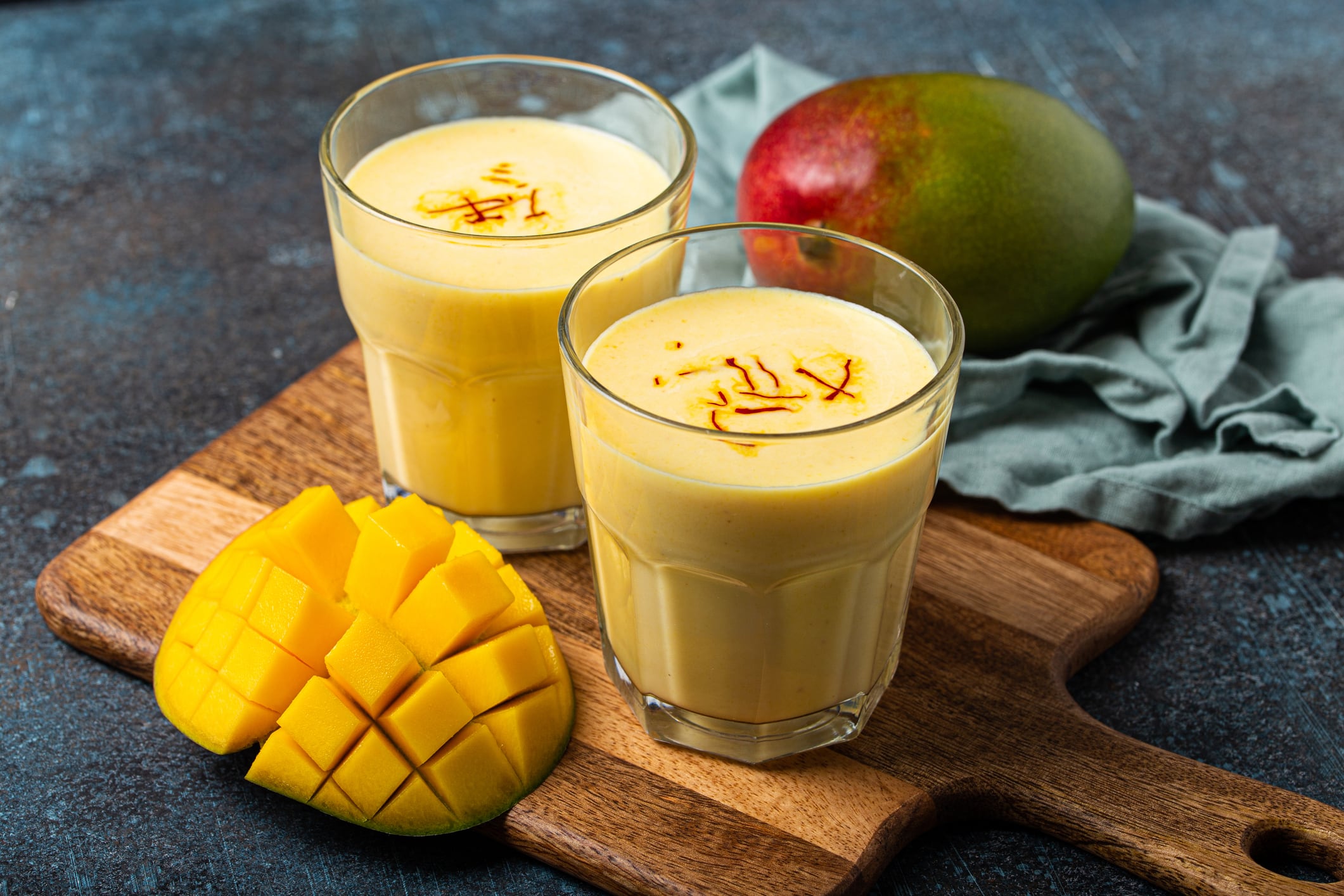
The tiny antioxidant-packed plants can enhance both the nutritional profile and general desirability of beverages, new research suggests

Beneficial bacteria found in yogurt may reduce the risk of colorectal cancer, according to a study
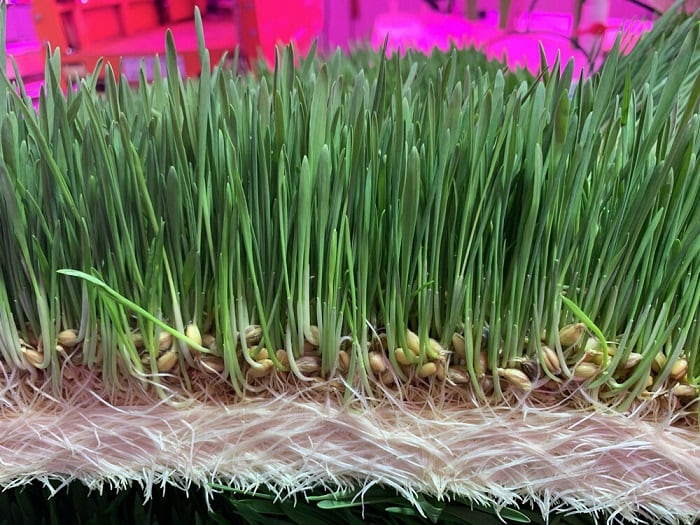
California-based Forever Feed Technologies has unveiled ‘the world’s largest automated sprouted grain feed mill’ – paving the way for a more environmentally-friendly feed growing

Researchers have long known of camel milk’s health benefits – but flavor and format barriers have prevented the product to really take off globally
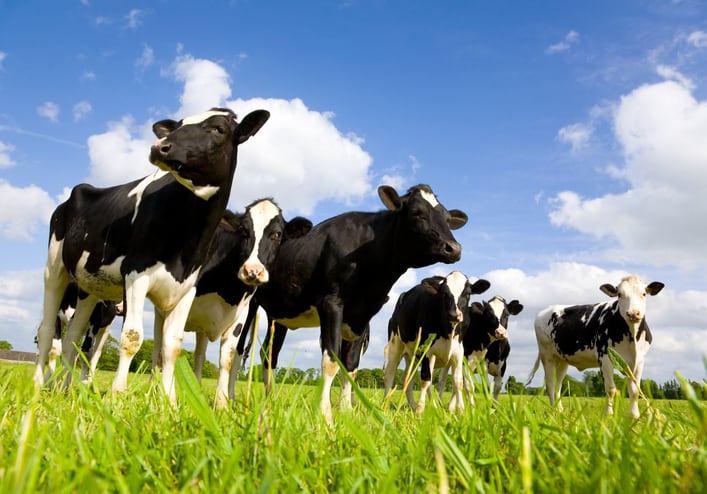
The discovery paves the way for creating potent enteric methane inhibitors that are safer than bromoform
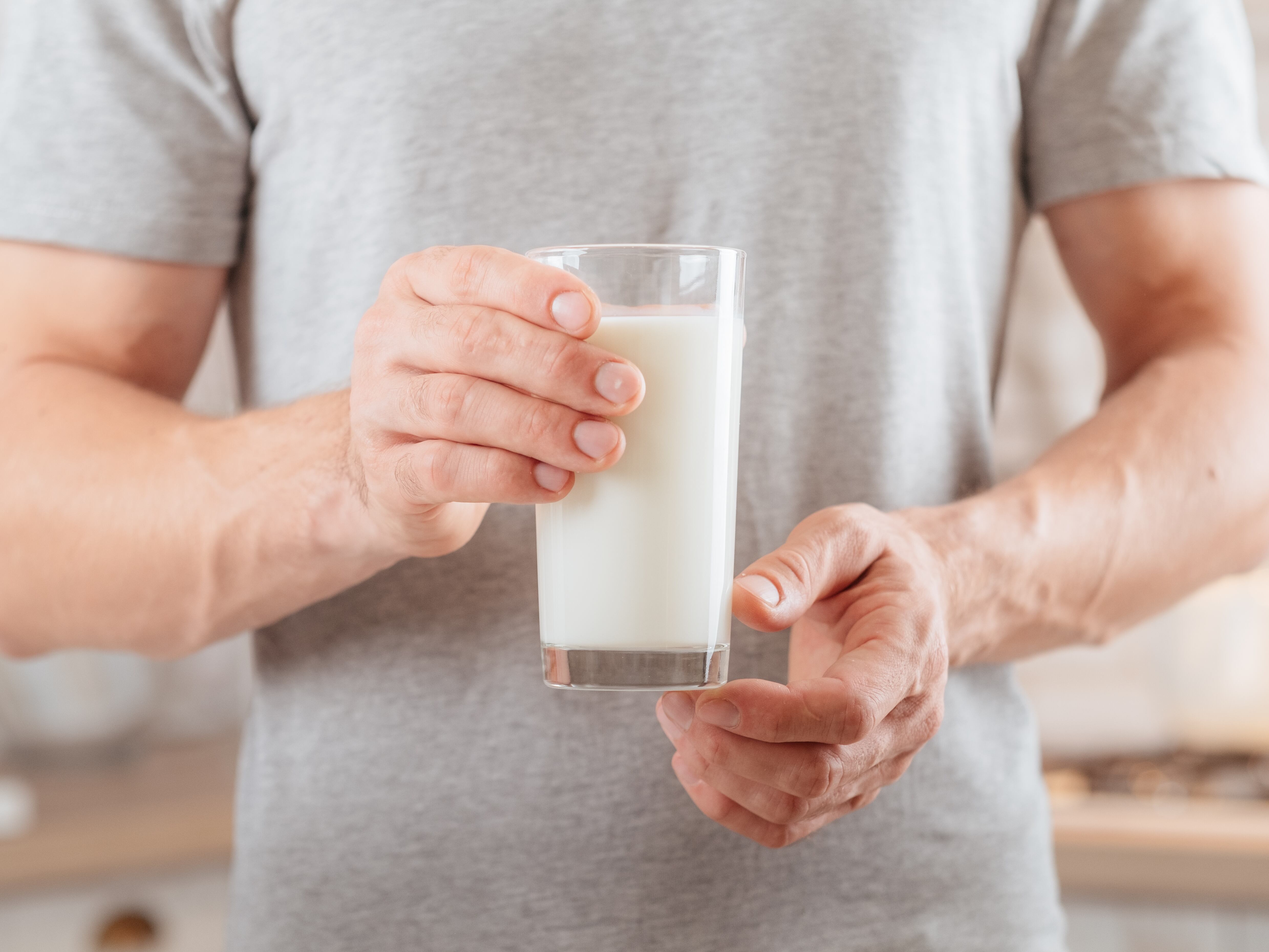
A glass per day is enough to reduce the likelihood of developing colorectal cancer, according to research
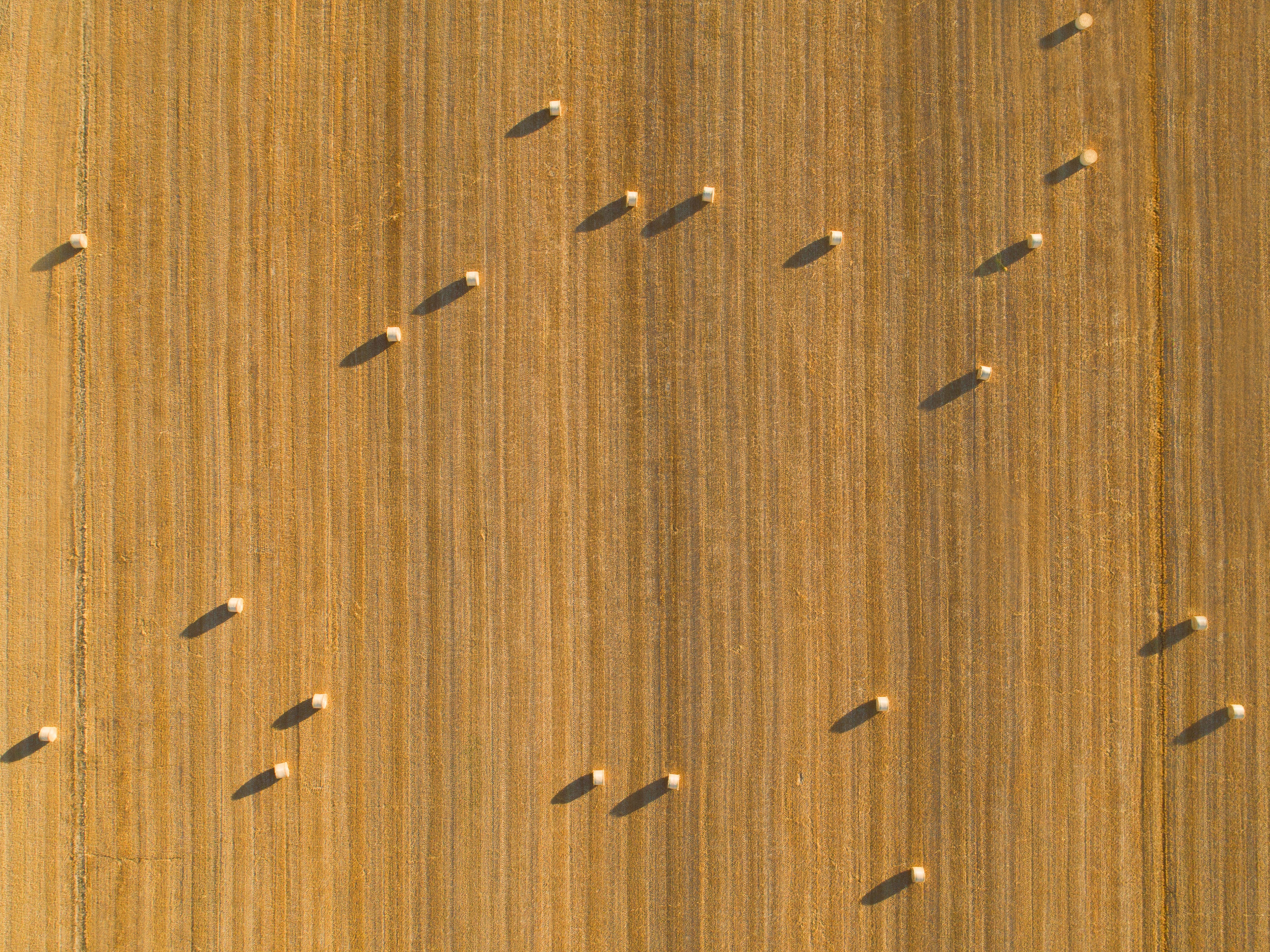
Bayer’s impact investment unit has announced the results of one of the largest global surveys of society’s attitudes toward new technologies, including NGTs.
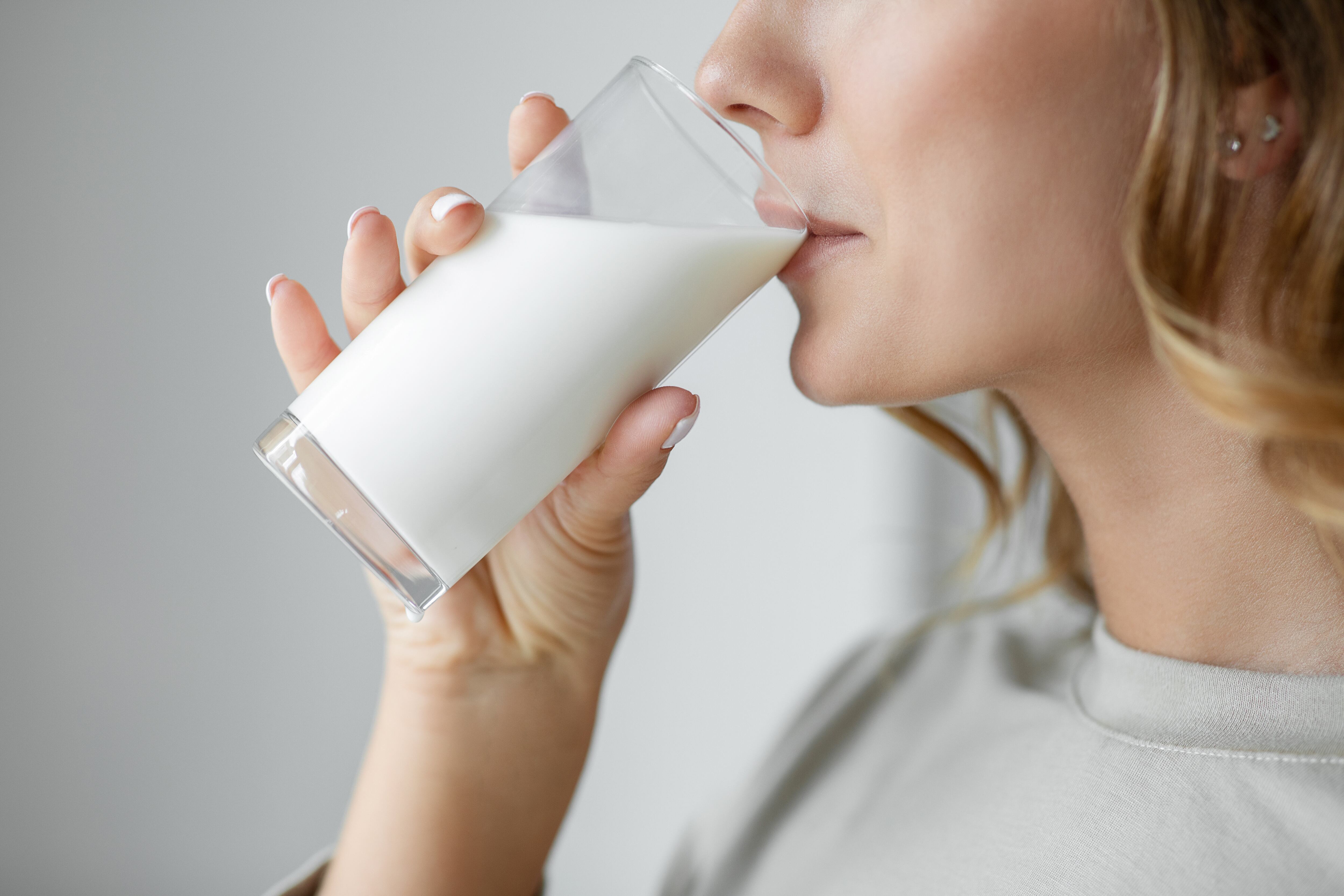
New research on how the size of milk fat globules impacts bacterial growth may inform ways to promote probiotic bacteria in food production
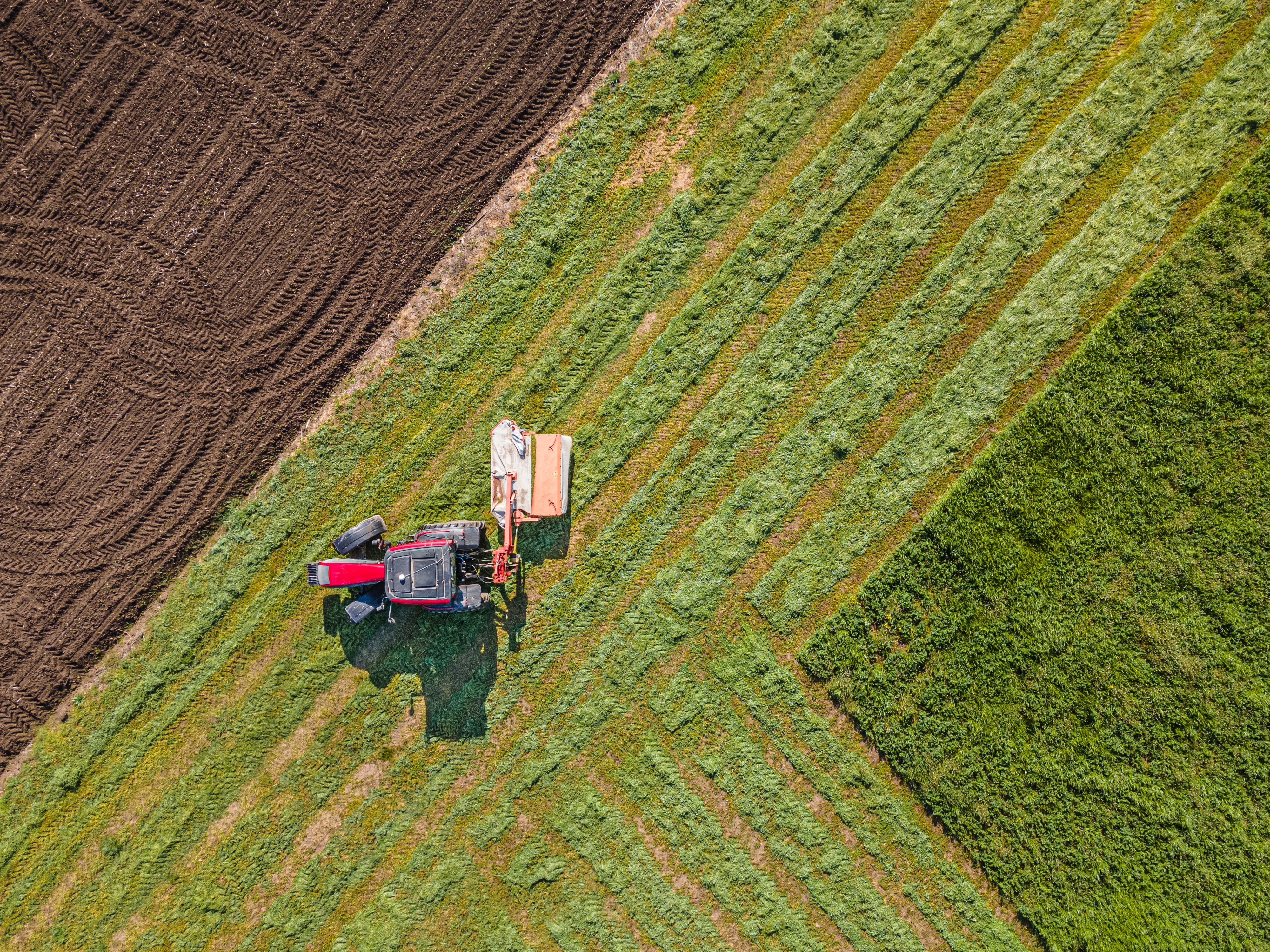
The Danish start-up has raised more than €2.5 million to accelerate development of autonomous agricultural safety software.
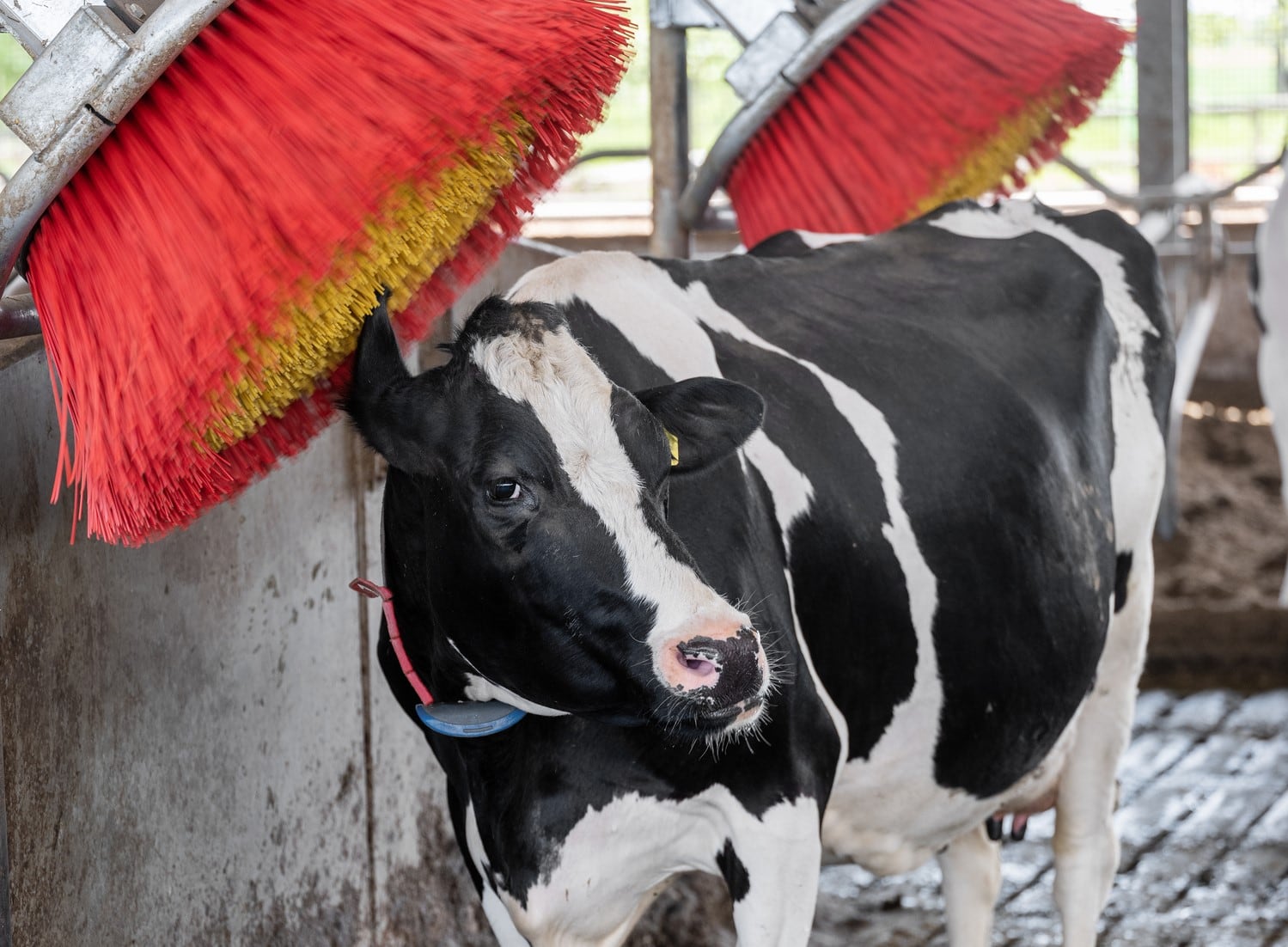
Improving cow comfort in dairy barns has been linked to positive effects on milk production
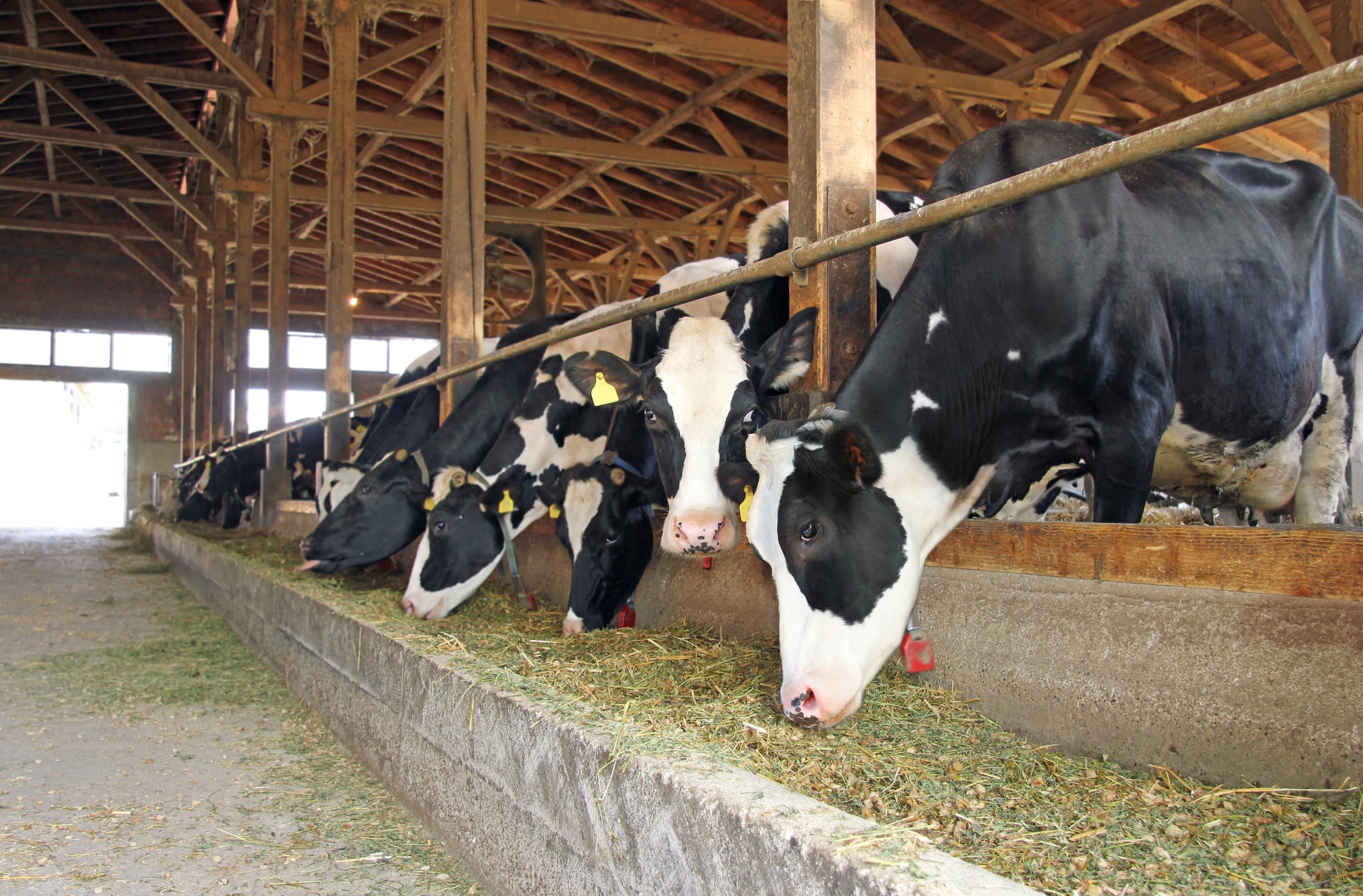
Spotting digital dermatitis before visible lesions have formed can be difficult – but with AI, producers may be able to reliably predict disease onset
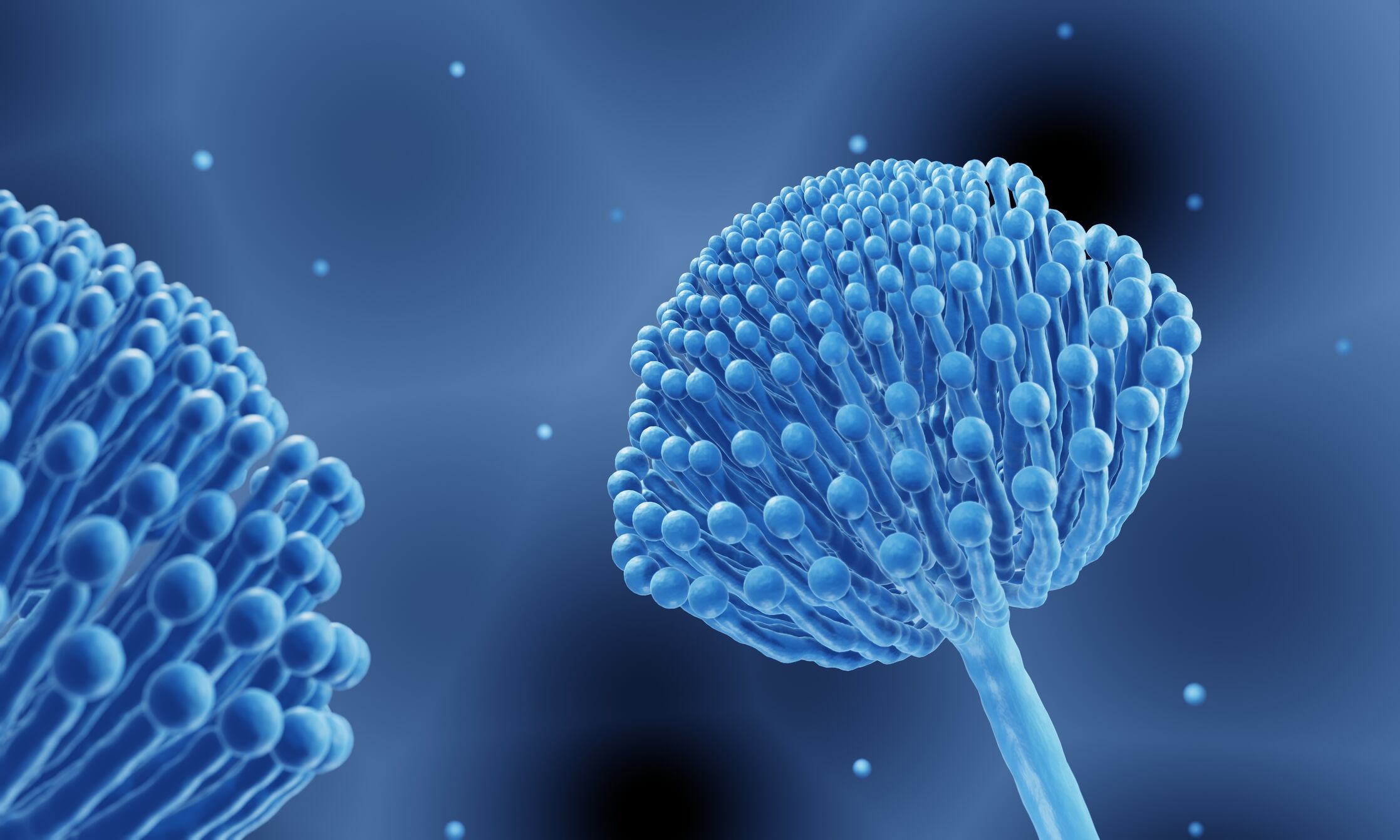
In dairy cows, mycotoxins and their metabolites can pass into milk
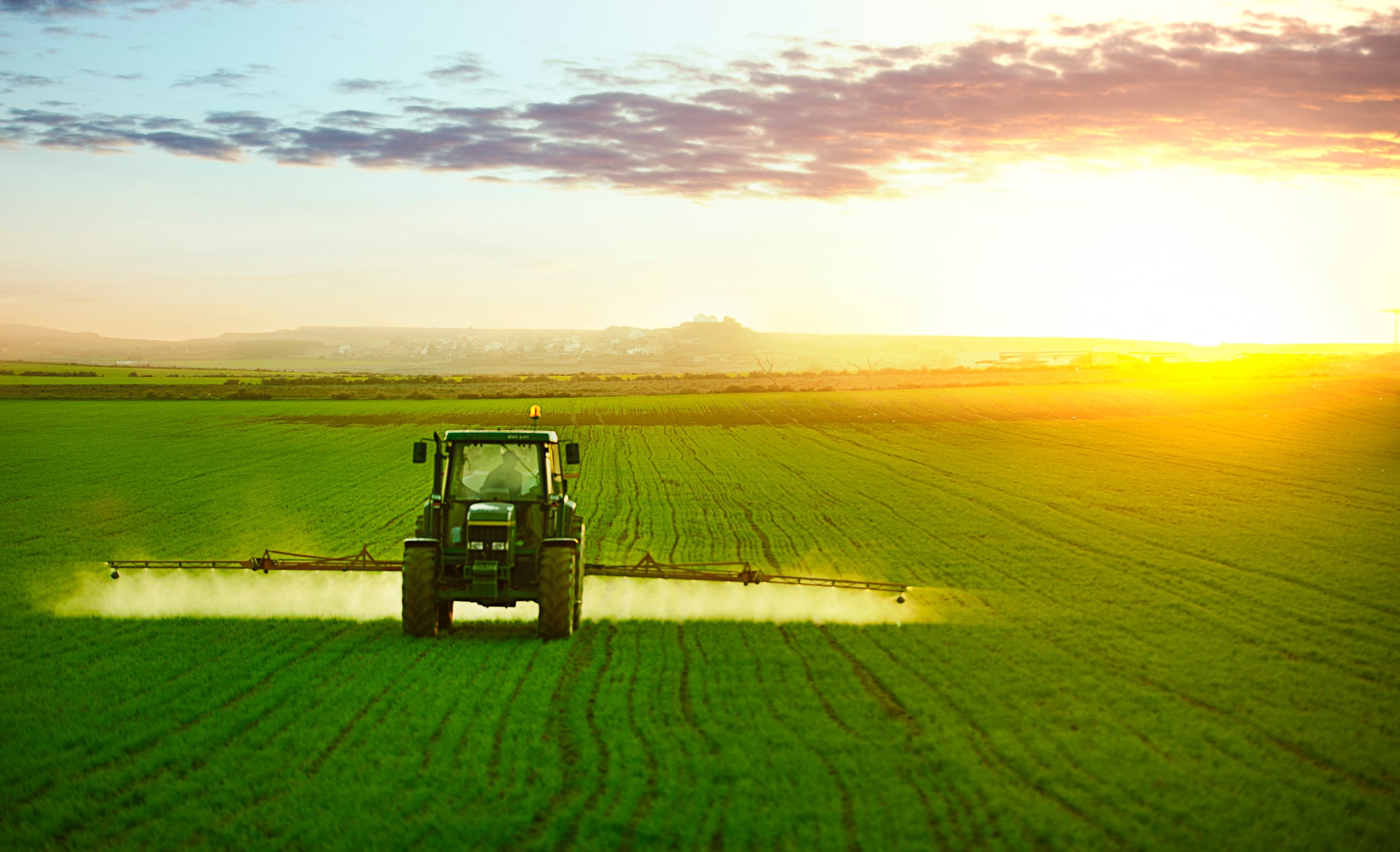
Researchers measured the climate impact of treated and untreated cattle slurry fertilizer to find out how production and application techniques can be leveraged to reduce GHG emissions.

UK-based CapChar has developed a ‘plug and play’ way for biochar to be produced on farm. It’s time this “remarkably simple material” was supported, its co-founder says.
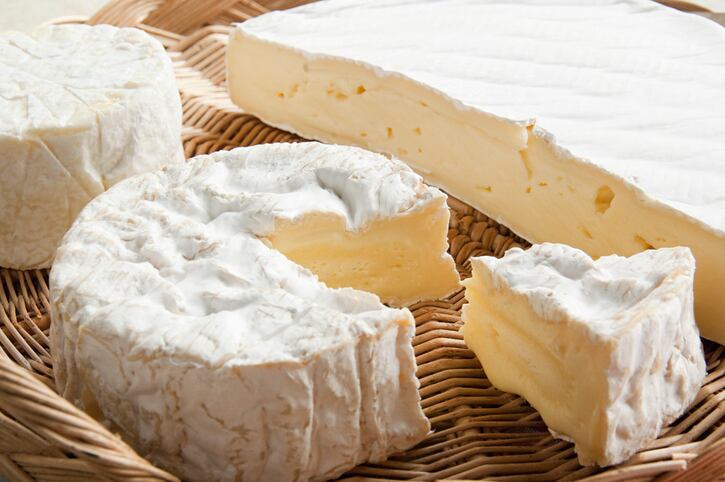
The supplementation of a whey-derived peptide has been shown to lower self-perceived levels of stress among middle-aged adults, according to a six-week study conducted by Kirin Holdings.
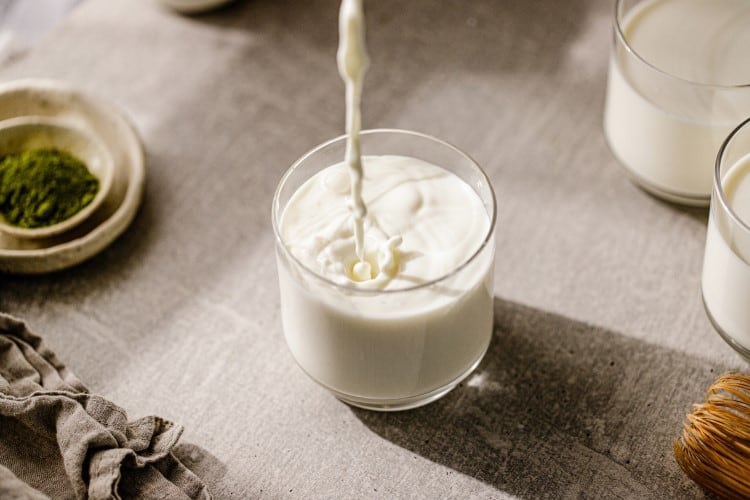
Machine learning can be used to detect anomalies in dairy samples by analyzing the milk microbiome, paving the way for improvements in safety and QC, according to a study.
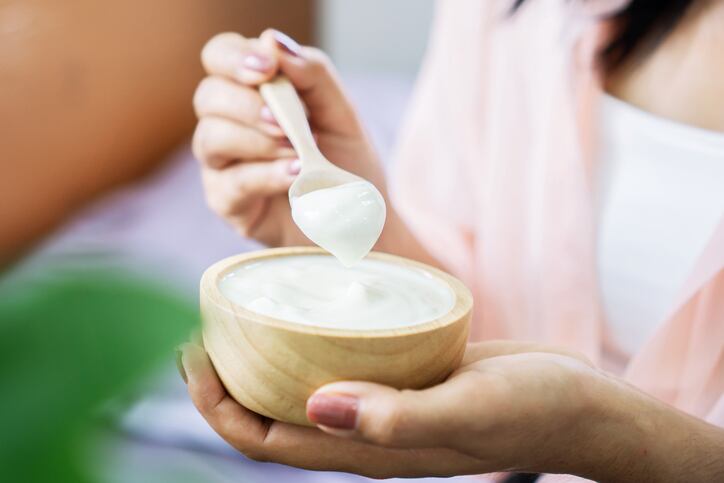
Probiotic strain Lactobacillus paragasseri OLL2716 can help improve gastric discomfort and mental health in healthy adults with gastric complaints, a Meiji-funded study revealed.

Norway has a unique opportunity to develop its seaweed industry but should explore a broader range of applications for seaweed, such as in fish and livestock feed, says an expert.
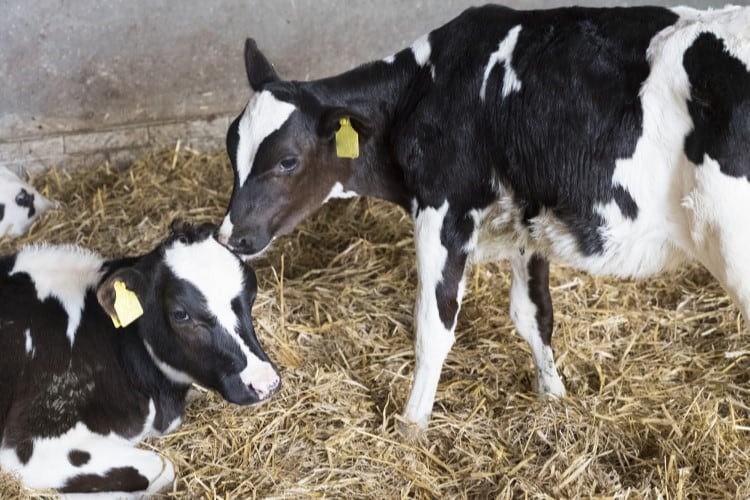
An oft-undiagnosed uterine disease may have ‘significant’ impact on dairy cows’ pregnancy outcomes – even after clinical signs of the illness have cleared.

New research funded by Kirin suggests that daily β-lactolin supplementation may improve mood, offering a potential dietary strategy to ease trait anxiety and perceived stress.
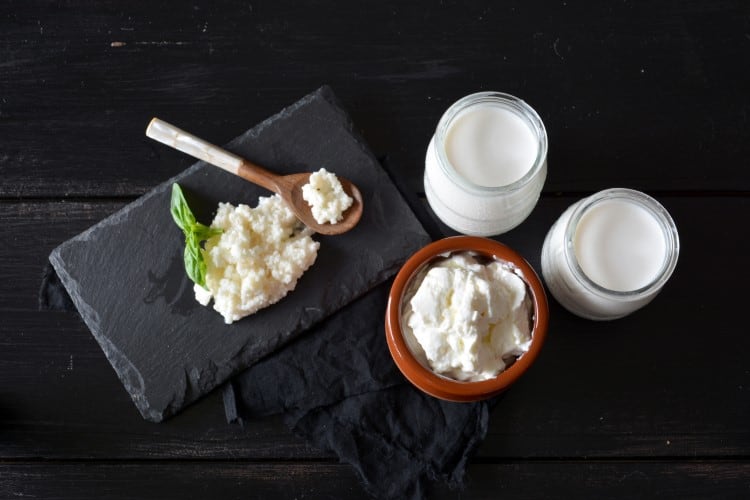
Analyzing DNA remnants of Bronze-Age kefir cheese, Chinese researchers discovered how kefir strains have evolved and the likely route of kefir into Europe.

A novel high-protein, high-calorie drink by Nestlé Health Science, combined with personalized nutrition advice effectively treats malnutrition and sarcopenia, according to a new study.
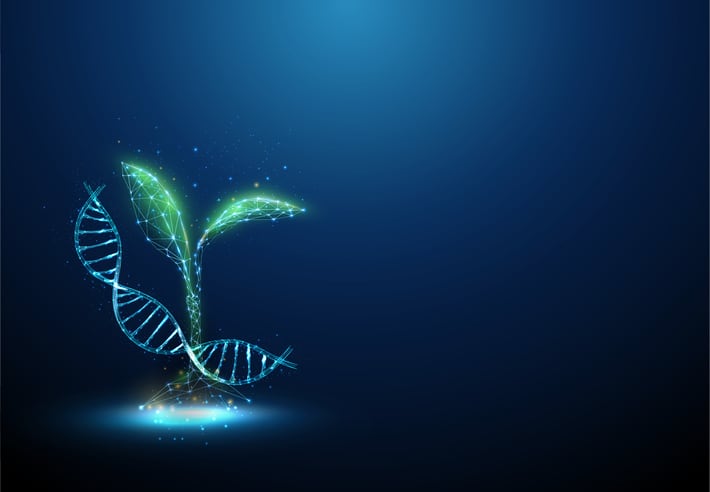
Researchers from the University of Nottingham are part of a team that have been awarded £2.2m (US$2.87m) to evaluate the use and potential of precision-bred crops for UK food and farming.

A relatively rare pasture crop may be key to reducing the risks of pregnancy loss in dairy cattle – but questions about its potential as a viable feed alternative have lingered for decades.
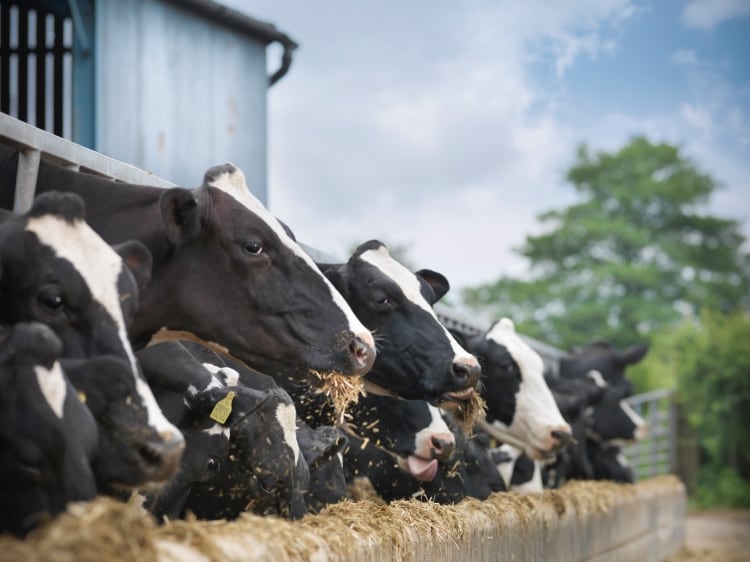
The vaccine may be the first effective solution against cattle anaplasmosis, an infectious and potentially deadly disease that causes billions of dollars in global economic losses to cattle producers.
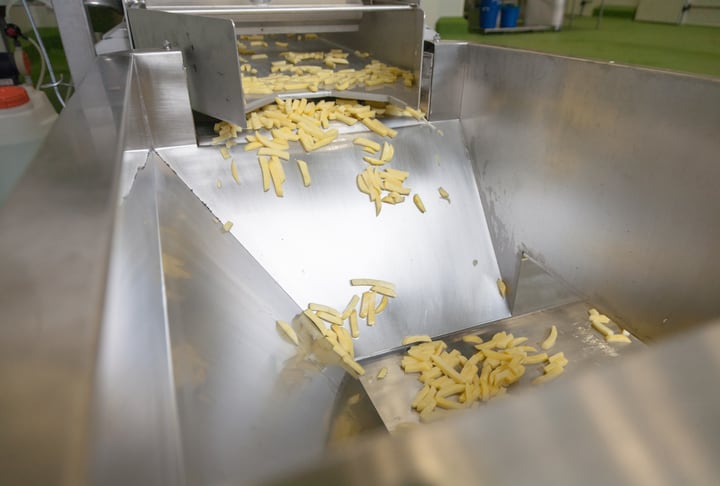
The findings of recent research could open new avenues for a more sustainable dairy industry and eco-friendly food processing by presenting a green solution for food waste management that also boosts animal performance.